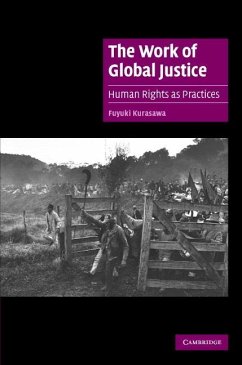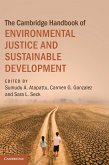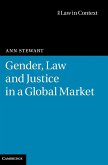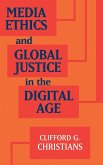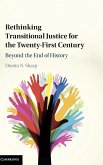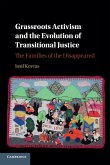Human rights have been generally understood as juridical products, organizational outcomes or abstract principles that are realized through formal means such as passing laws, creating institutions or formulating ideals. In this book, Fuyuki Kurasawa argues that we must reverse this 'top-down' focus by examining how groups and persons struggling against global injustices construct and enact human rights through five transnational forms of ethico-political practice: bearing witness, forgiveness, foresight, aid and solidarity. From these, he develops a new perspective highlighting the difficult social labour that constitutes the substance of what global justice is and ought to be, thereby reframing the terms of debates about human rights and providing the outlines of a critical cosmopolitanism centred around emancipatory struggles for an alternative globalization.
Hinweis: Dieser Artikel kann nur an eine deutsche Lieferadresse ausgeliefert werden.
Hinweis: Dieser Artikel kann nur an eine deutsche Lieferadresse ausgeliefert werden.
'Human rights have come to the forefront of attention in both political theory and public practice. But too often the treatment in theory has been so abstract it doesn't inform practice as it might - and it doesn't learn from practice as it should. Fuyuki Kurasawa's new book helps to bridge this divide, addressing key questions such as the meaning of bearing witness, the search for foresight, the ways in which forgiveness and aid work, and the ideal of transnational solidarity. His voice is both humane and scholarly; his text will be helpful to readers across a range of disciplines.' Craig Calhoun, President of the Social Science Research Council

